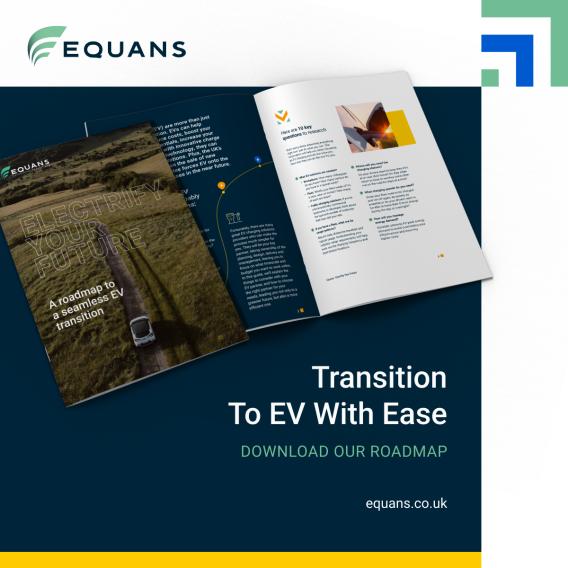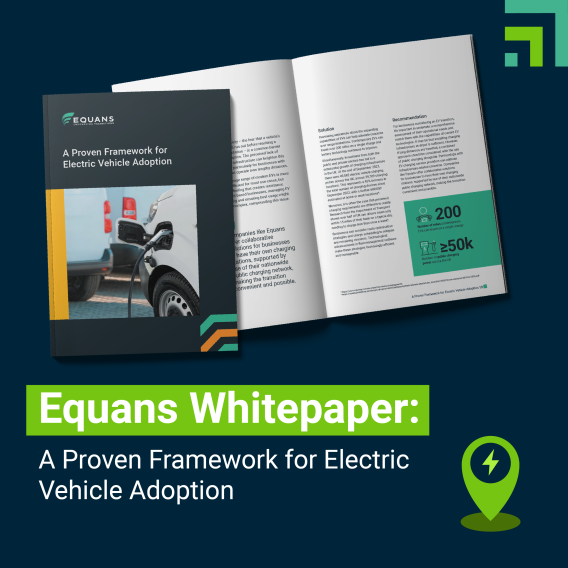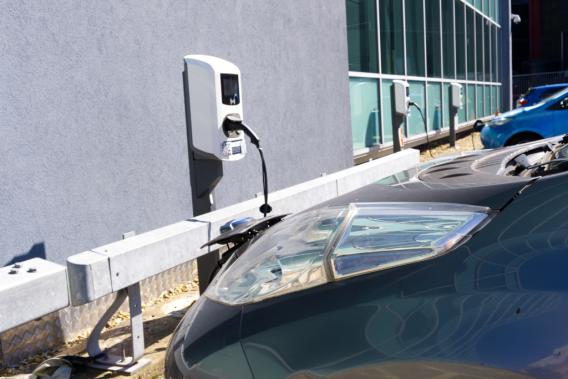Practical tactics for driving maximum ROI on EV charging initiatives for your business
With transport electrification becoming more widely adopted, effective electric vehicle (EV) charging infrastructure becomes critical for organisations wanting to achieve sustainability, cost-effectiveness, and profitability, and with them a strong return on investment (ROI).
But first, let’s consider the many reasons for the shift to EV:
- Long-term cost effectiveness: Despite higher initial purchase costs, EVs often offer lower total cost of ownership (TCO), mainly due to lower running costs, reduced maintenance needs, and potential government incentives.
- Market demand: Market trends and public opinion strongly favour greener transport alternatives. Companies lagging in this transition risk reputational damage.
- Stayed ahead of the curve: With the 2035 ban on the sale of new petrol and diesel cards looming, it’s important not to get left behind. With regulatory pressure clear, beginning the journey to EV now will ease concerns around the future.
- Environmental responsibility: As sustainability becomes universal, switching to EVs is a solid opportunity for significant cuts in greenhouse gas emissions and regulatory alignment.
Boosting ROI through smart EV charging investments
So, how do you increase the ROI and cost benefits of EV charging infrastructure? There are various ways, which include:
- A future-proofed programme: By investing in the right EV charging infrastructure to meet your needs now, and in the future, you’ll minimise the need for change down the line.
- Revenue generation: Monetise your charge points by offering different rates for your fleet drivers and employees and customers or visitors, changing them into valuable assets that generate revenue.
- Capturing growing demand: The rising need for EV charging infrastructure means opening access of your charging points for public use becomes another way to generate revenue.
- Energy management: Advanced energy management systems can decrease energy costs and avoid overuse while charging vehicles, as well as reducing the need for power upgrades, such as load balancing and smart charging.
- Harnessing tax incentives: Government-backed financial incentives for EV adoption, such as tax breaks and funding programmes, can considerably cut investment costs and boost ROI.
CSR, ESG and EV charging
A strong ROI isn’t only financial, there are other metrics organisations can measure their performance against. For example, the connection between corporate social responsibility (CSR) and EV charging projects isn’t only about environmental goals. It’s also enhances corporate objectives and fulfils stakeholder expectations, including:
- Direct emission reduction: EVs produce zero tailpipe emissions, causing a direct reduction in your fleet’s carbon emissions.
- Harnessing renewable energy: Businesses can use renewable energy sources to power charge points. These can be installed directly at site, such as solar, which enables lower costs in the long term and increased sustainability.
- Sustainability leadership: By adopting EV charging solutions, your business can inspire other corporate and organisational partners to adopt sustainable practices, magnifying your CSR impact.
- Future-proof operations: Traditional fuel fleets may face higher regulation and taxation in the future. Transitioning towards electric shields your business from potential risks, assuring long-term operational resilience.
- Enhance brand value: Switching to more sustainable practices can improve customer loyalty and even increase the market value of your business.
- Stakeholder engagement: Introducing EVs opens opportunities for conversations about sustainability with your employees and customers, showing how committed you are.
Mastering the transition to EV
A successful transition to EV depends on careful planning and execution. Here are the key steps in this process:
- Assess business requirements: If you’re looking to include EV charging for your fleet, evaluate the mission of your current fleet operations and how EVs could align with or enhance it.
- Lay down an EV adoption plan: Take into account factors like charging requirements, total cost of ownership, fleet use patterns and your longer-term needs.
- Invest in charging infrastructure: Determine the number, types, and locations of charging stations needed. Consider access to power, charging speed requirements, and opportunities for smart grid integration.
- Engage stakeholders: Keep stakeholders – internal teams, drivers, shareholders, and customers – involved and informed throughout the process.
- Implement and adjust: After deployment, continually analyse and adjust the strategy based on real-world fleet performance and evolving business objectives.
Transitioning to EV can significantly boost your business’s return on investment and help it achieve sustainability goals. Equans EV offers expert guidance every step of the way. We provide end-to-end support, from initial assessment to a comprehensive transition plan, helping you make informed decisions about investing in charging infrastructure.
If you’re ready to improve your ROI contact Equans EV today, to see how we can help you understand the benefits and identify the right transition plan for your business.




